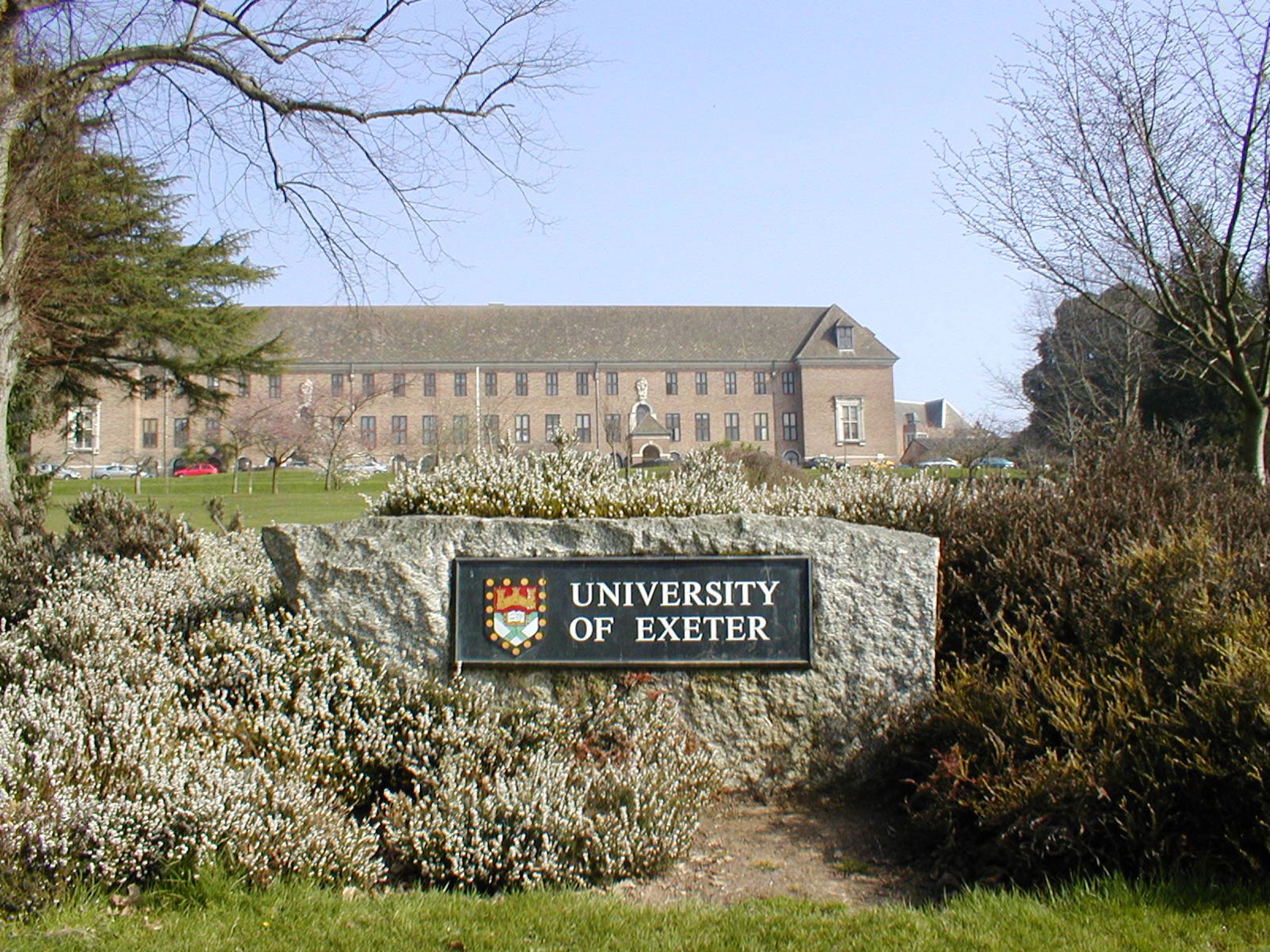Exeter University criticised for not paying student workers National Minimum Wage
Residence life mentors could collectively be entitled to around £100,000 a year

Your support helps us to tell the story
From reproductive rights to climate change to Big Tech, The Independent is on the ground when the story is developing. Whether it's investigating the financials of Elon Musk's pro-Trump PAC or producing our latest documentary, 'The A Word', which shines a light on the American women fighting for reproductive rights, we know how important it is to parse out the facts from the messaging.
At such a critical moment in US history, we need reporters on the ground. Your donation allows us to keep sending journalists to speak to both sides of the story.
The Independent is trusted by Americans across the entire political spectrum. And unlike many other quality news outlets, we choose not to lock Americans out of our reporting and analysis with paywalls. We believe quality journalism should be available to everyone, paid for by those who can afford it.
Your support makes all the difference.The University of Exeter is facing widespread criticism after it was revealed some student workers are not receiving the National Minimum Wage (NMW).
Residence life mentors - who are full-time students at the institution - look after first-year students, and can visit as many as 100 freshers in a week.
However, the university has classified them as ‘voluntary workers’, meaning they do not receive the NMW, haven’t signed a contract and, instead, receive a reduced rent rate in their university accommodation, something which is subject to satisfactory performance in the role.
Exeposé, Exeter’s independent student newspaper, reports that the university recently advertised for student community wardens, a role which current residence life mentors described as “almost identical” to their role, but with one exception: the warden role pays the National Living Wage of £8.25 per hour, and they are classified as university employees.
If mentors were given the same status as the wardens, then the university would be required to pay out nearly £100,000 to all the mentors.
Current and past mentors have expressed outrage at the classification, telling Exeposé, the role is “not voluntary…you are held much more accountable to your role than a voluntary worker would be.”
Responsibilities of mentors include completing detailed logs and stat sheets on their mentees wellbeing, all of whom live in university-managed accommodation. While the majority of first-year students in accommodation are over the age of 18, it is not the exclusive norm, and mentors can also be responsible for postgraduate residences, having been given key access to residences they mentor. One such residence is home to postgraduate students and their families - including young children.
One mentor who works this accommodation said they had not been DBS checked and, at no point, did the residence life team ask them to either supply or undergo such a check. During training week, no specific safeguarding training relating to children or young people was carried out.
In 2014, it was revealed by University of Sheffield student newspaper, Forge Press, that their residential mentors were being underpaid by over £700 through exploitation of a similar loophole, with Revenues and Customs investigating the accommodation service for non-payment of the Minimum Wage.
In December 2015, Exeter and Sheffield joined to create the inaugural Residence Life Forum to share practices and to learn from one another.
Jenny Houghton, residence manager at Exeter, told Exeposé the university “greatly values” the assistance the mentors provide, and feedback from previous mentors has “been positive,” highlighting the contribution it has made to their skills and experience.
She added: “The residence life mentors are appointed, not as volunteers, but as voluntary workers, and the terms and conditions are clearly defined and explained before any student is engaged in the position.
“As voluntary workers, the mentors are not entitled to the NMW, but are given a reduction on their rent of £45 per week over 32 weeks. With duties expected to take around five hours a week, this equates to £9 per hour - more than the equivalent NMW.
“The university also complies with the strict legislation that governs the use of DBS checks, and it continues to be our understanding that residence life mentors do not carry out regulated activity within their role that would allow a standard or enhanced disclosure check to be requested.”
Join our commenting forum
Join thought-provoking conversations, follow other Independent readers and see their replies
Comments